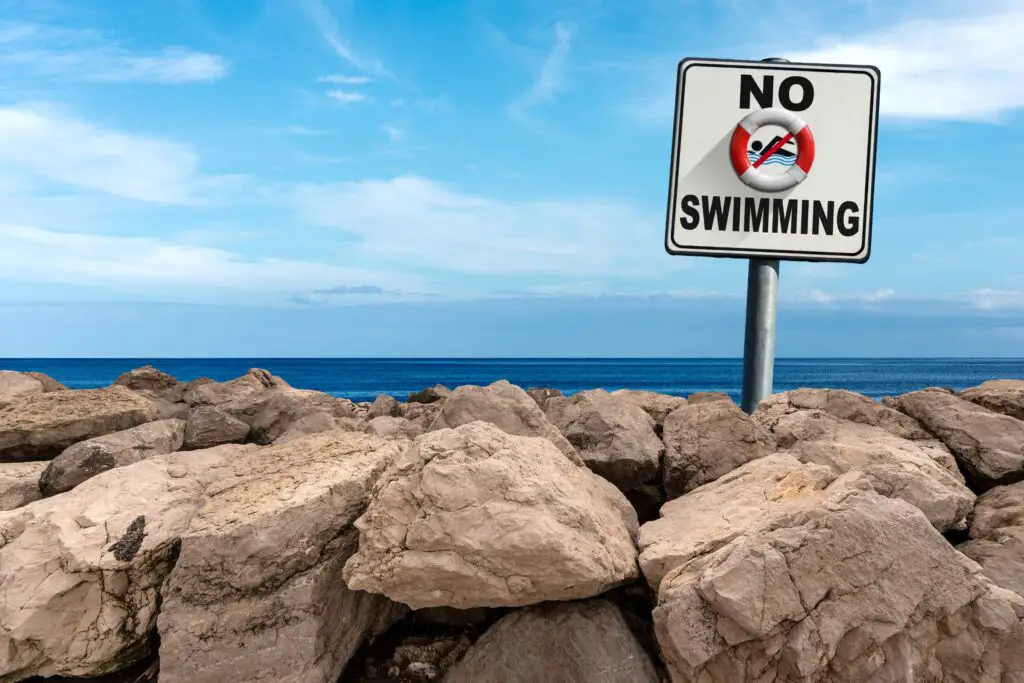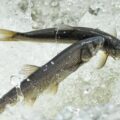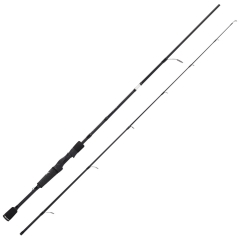Catfish can stop swimming and still get to live. A recent study has shown that a catfish can stop swimming and live if it is kept in a waterway where other fish cannot eat it. A catfish can stop swimming and live if it gets a good diet and water. These fish can survive in any kind of environment.

How much time can catfish survive without water?
There is no set answer to how long a catfish can survive without water, as it depends on several factors, such as the species of catfish, the temperature of the water, and the humidity level. Most people agree that catfish can stay alive for a few days if they are cold, but still in water.
Certain species of catfish can live for extended periods without water in mud, but their survival depends on some factors. The type of catfish, the temperature of the water and mud, and the amount of oxygen in the water all play a role in how long a catfish can survive without water and in the mud.
However, if the water is warm and there is plenty of oxygen present, catfish can survive for even longer periods. Additionally, some catfish are more tolerant of dry conditions than others. For example, desert catfish can live for up to three weeks without water.
How Much Time Can Catfish Survive Without Water?
A catfish’s ability to live without water depends on the species. Some can live for days, while others can only survive for a few minutes. Without water, a catfish will eventually die from the inability to breathe.
Can Catfish Survive in Water That Is Stable?
Catfish can survive in stable water. However, catfish may not be able to thrive or reproduce, as well in these conditions. Catfish are adapted to living in moving water and need a certain amount of turbulence to help them breathe and stay healthy. When the water is too still, it can limit the oxygen available to the fish and make it difficult for them to move around.
How Can Catfish Be Kept Alive Best After Being Caught?
-
- It is important to follow some basic guidelines to keep a catfish alive after being caught, if you don’t plan on eating it or putting it back from where you caught it. Keeping the fish in a cool, dark place is best.
-
- Second, it is important to keep the water temperature consistent. Avoid putting the fish in direct sunlight or very cold water.
-
- Third, it is best to use an aerated live well or tank when keeping the fish alive.
-
- Fourth, monitoring the water’s oxygen levels and adding an air stone if needed is important.
-
- Fifth, avoid handling the fish too much, as this can cause stress and potentially kill the fish.
What Is the Lifespan of Catfish in a Tank?
Catfish are a type of freshwater fish that can live in a tank. The lifespan of a catfish in a tank can vary depending on the species, but most catfish live for around 5 to 10 years. Some species of catfish can live for up to 20 years if they are well cared for. There are many catfish which are farmed in tanks.
How Much Time Can a Catfish Last in a Bucket?
A catfish can live for a long time out of the water as long as it is kept moist. If a catfish is put in a bucket, it will eventually die. However, how long it takes depends on the size of the bucket and the amount of oxygen in the water. A small catfish in a large bucket will last longer than a large catfish in a small bucket.
What Is the Lifespan of a Catfish in a Pond?
The lifespan of a catfish in a pond can vary depending on the size and species of the fish. Their lifespan may be shorter in the wild due to predation and other factors. However, most catfish live for around four to six years in captivity.
A catfish’s lifespan in a pond can vary depending on the size of the pond and the number of other fish present. In general, however, a catfish can live for up to 10 years in a pond.
How Long Can Catfish Live in Low Oxygen Environments?
While most fish cannot survive in environments with low oxygen levels, catfish are a notable exception. These hardy creatures can withstand long periods in water with little to no dissolved oxygen.
One key adaptation is their ability to extract oxygen from the air. Catfish have developed a network of blood vessels near their skin that allows them to absorb oxygen directly from the air. This adaptation is particularly useful in stagnant pools of water where dissolved oxygen levels are very low.
Another key adaptation is their ability to tolerate high levels of carbon dioxide. Unlike other fish, catfish can maintain a normal pH level in their blood even when there is a high concentration of carbon dioxide present in their environment. This allows them to stay healthy and active even in water with very low dissolved oxygen levels.
Each catfish’s ability depends on the species and the specific conditions they are facing. Some catfish can only survive for short periods, while others may be able to last for weeks without access.
Can a catfish survive on land?
Yes, a catfish can survive on land for a short time. However, they cannot live out of water for an extended period. If a catfish is removed from the water, it will begin to suffocate and die within minutes.
What Temperature Is Best for Catfish?
The answer is fairly simple if you’re wondering what temperature is best for catfish. Catfish are most comfortable in between 70- and 80-degrees Fahrenheit water. However, they can survive in water as cold as 50 degrees Fahrenheit or as warm as 90 degrees Fahrenheit. So, if you want to keep your catfish happy and healthy, aim for a water temperature that falls between those two extremes.
Conclusion
It’s a common misconception that catfish can’t live without water, but this isn’t true. While it’s true that catfish need water to survive, they can stop swimming and live out of water for extended periods. A catfish can stop swimming and live, but it is not what happens regularly. Catfish can survive out of water for a short period, but they will quickly dehydrate and die. If you must remove a catfish from the water, keep it wet and in a cool environment until you can return it to its natural habitat.











